Stricter fuel efficiency requirements for the tax-free threshold of the Luxury Car Tax means many popular models will see a price hike.
In a move to encourage more Australians to transition to lower-emission and electric vehicles (EVs), is changing the definition of a ‘fuel-efficient vehicle’ under the Luxury Car Tax (LCT).
Treasurer Jim Chalmers announced the decision this week as part of the government’s Mid Year Economic and Fiscal Outlook (MYEFO).
From July 1, 2025, the definition of a fuel-efficient vehicle will change to one with a maximum fuel consumption of 3.5 litres per 100km, down from 7.0 litres per 100km.
As it stands, the LCT applies to vehicles over $89,332 if they are deemed fuel-efficient. If they’re not, the threshold is then lowered to $76,950.
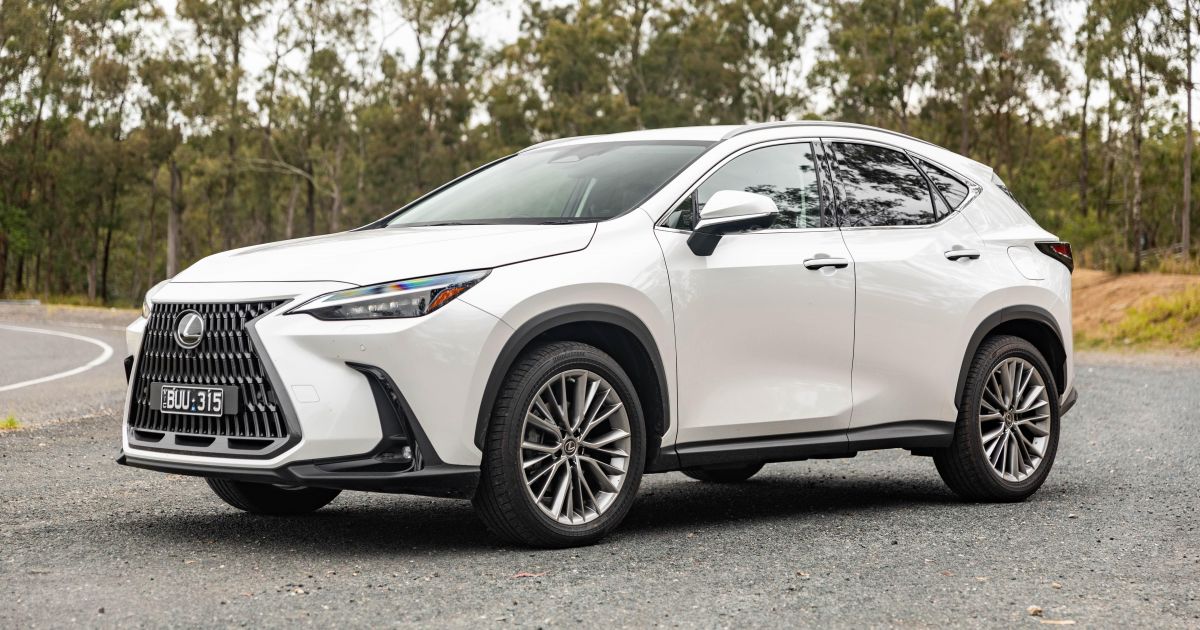
These modernised emissions standards will apply from the 2025-26 financial year, drastically hiking the tax collected from the incentive.
Under these new standards, it’s likely only electric or plug-in hybrid models will qualify for the tax exemption, while many of Australia’s favourite family models will suffer from a price rise – including many hybrid models.
These measures have been released in line with the Australian Government’s National Electric Vehicle Strategy, which makes up part of its commitment to reduce greenhouse gas emissions by 43 per cent by 2030, and to achieve net zero emissions by 2050.
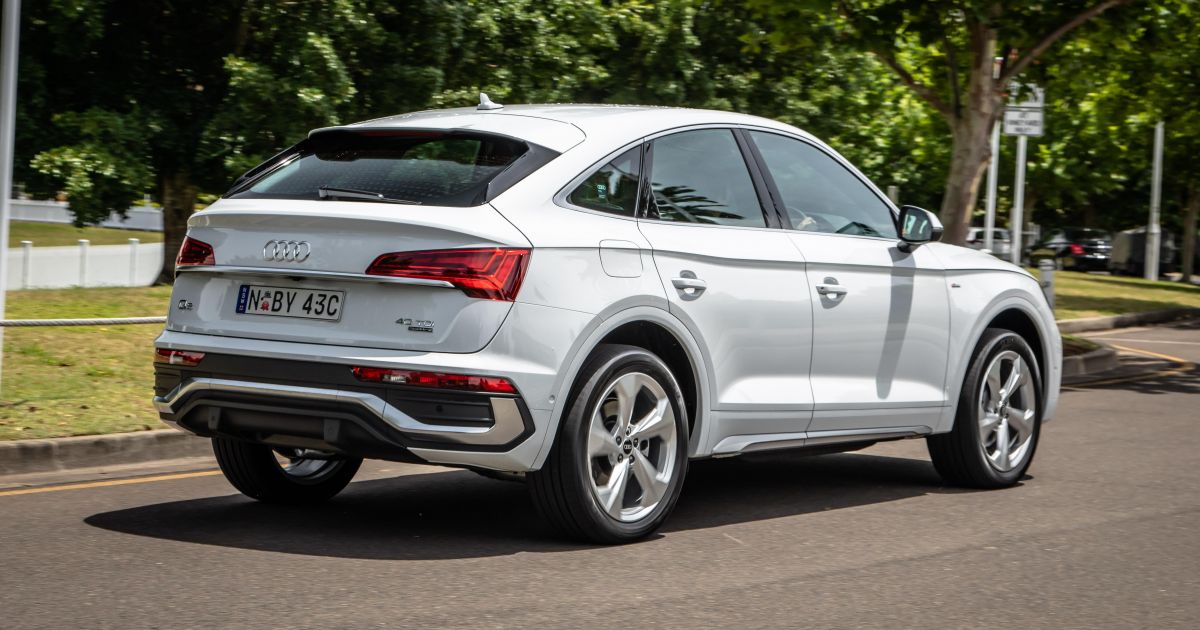
The treasury forecasts that the first two years of these stricter emissions standards, up until June 2027, will generate $155 million in revenue.
Stricter amendments to the legislation come in stark contrast to opposition from the local automotive industry, who are calling for complete tax reform to encourage emissions-reducing activity.
The Federal Chamber of Automotive Industries (FCAI) called on the Australian government to abolish the ‘archaic’ LCT completely, calling it an “ill-conceived money grab.”
FCAI Chief Executive, Tony Weber, explained his opposition to the tax, stating that the legislation originally implemented to protect Australia’s local vehicle manufacturing industry is now slowing progress of Australia’s transition to lower-emission vehicles.
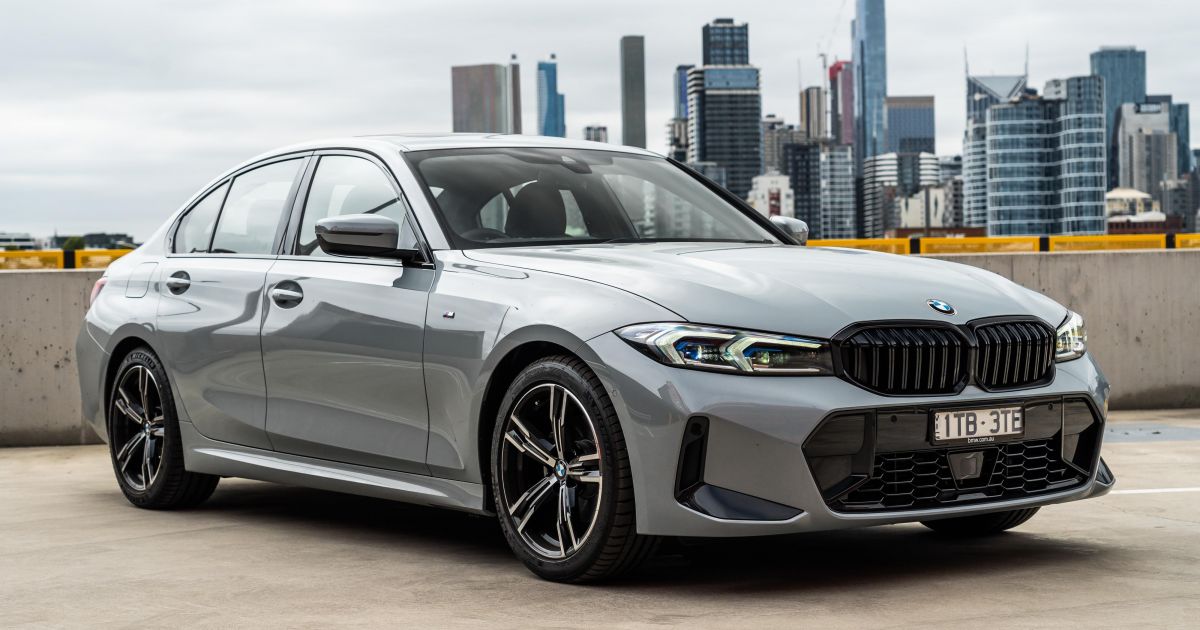
“The LCT penalises Australian consumers, as it imposes unnecessary additional taxes on many low emission technology vehicles,” said Mr Weber.
“The changes announced today in MYEFO slug Australians with more taxes and make vehicles less affordable. The change to indexation is just another cynical revenue grabbing exercise.
“If the Australian Government wants to modernise the LCT, they should remove it as part of true tax reform for the transport sector including consideration of a road user charge.”
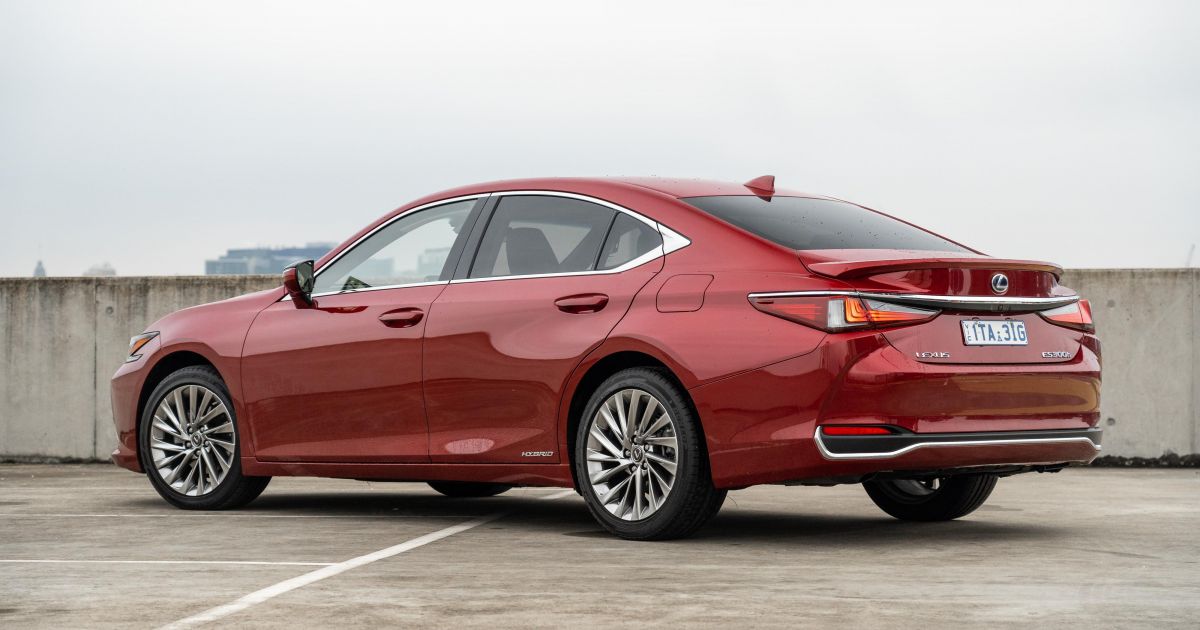
James Voortman, CEO of the Australian Automotive Dealer Association (AADA), echoed this sentiment.
“So many independent reviews and inquiries have called for the LCT to be abolished, but instead it continues to raise over a billion dollars a year at the expense of motorists and local industry,” said Mr Voortman.
“The Australian Government should be encouraging the uptake of fuel-efficient vehicles not increasing the tax on them.”
The AADA’s response, shared by Mr Voortman, is that the “changes to the Luxury Car Tax (LCT) have made a bad tax even worse” as it is “inflationary and will dissuade consumers from buying vehicles with the best safety and fuel-efficient technology”.
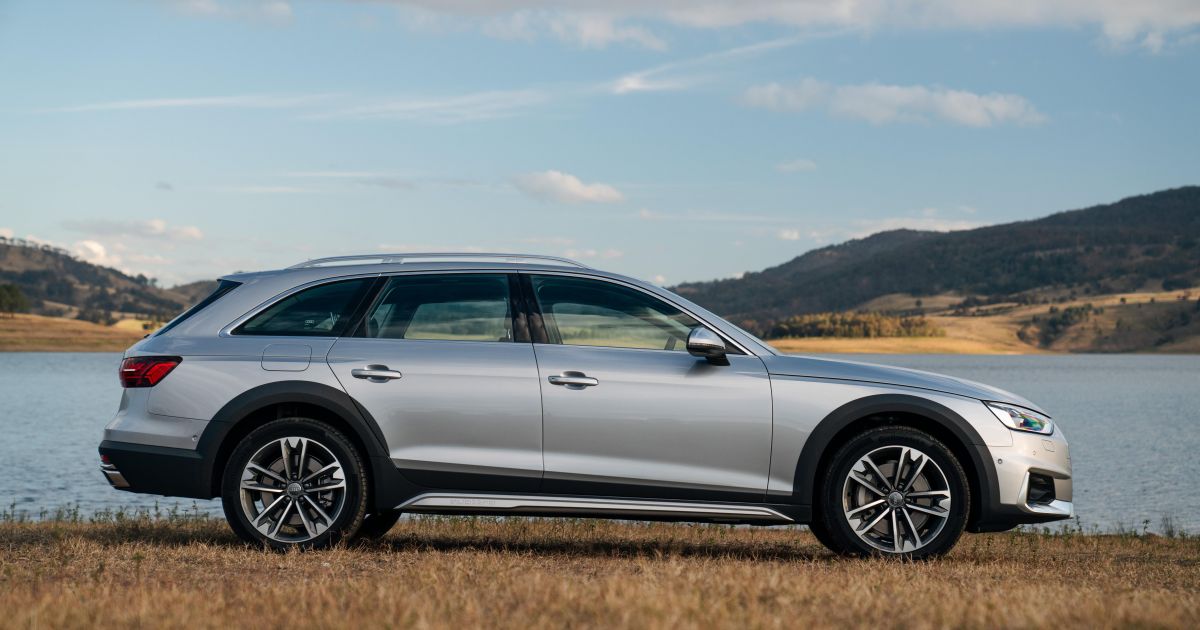
The new measures come just a week after the Australian government rejected recommendations from the Climate Change Authority which included a sales target for electric light vehicles.
“The government is committed, as you know, to the introduction of a Fuel Efficiency Standard for new light vehicles and we’re working through the design and implementation to make sure we get it right,” said Chris Bowen, Minister for Climate Change and Energy, in his 2023 Annual Climate Change Statement in parliament.
“We’re focused on how to get the best, most fuel-efficient vehicles to Australians so they have real choices and can save by using less petrol.”


